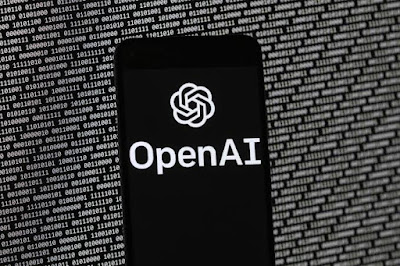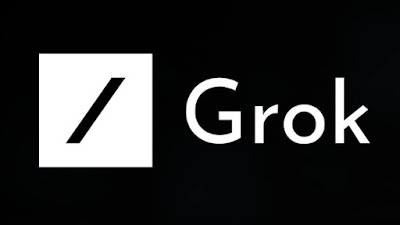On Downdetector.com, over 50,000 ChatGPT outages have been reported, following a spike in reports at 1:30 p.m. EST. With 3,463 additional reports of disruptions, the issue seems to continue past 3:30 p.m. EST. When a Forbes query was submitted to ChatGPT at 3:40 p.m. EST, the Chatbot failed to respond and instead displayed the message "Internal Server Error." In an update published at 4:05 p.m. EST, OpenAI stated that it was "continuing to work on a fix for this issue," which was brought on by an unidentified ISP.
The outage was criticized by users of X, which is home to Grok, ChatGPT's competitor chatbot, who joked that they were once again forced to use their own brains. According to TechCrunch, which pointed out that a nearly six-hour outage happened two weeks ago, Thursday's outage marks ChatGPT's second of the month. In the past, OpenAI has resolved outages a few hours after they started. ChatGPT might be patched by nightfall if the business adheres to its track record of fixes. $157 billion. After its $6.6 billion funding round in October, OpenAI is now worth that much.
Apart from the numerous outages that have occurred this month, ChatGPT also encountered technical issues in early June, going down for a few hours. According to CEO Sam Altman, ChatGPT is widely considered the most popular chatbot in the artificial intelligence market. As of early this month, the AI assistant had over 300 million weekly users sending over one billion messages to ChatGPT daily. Although the chatbot is free to use, customers who prefer not to use subscription tiers may find some limits.







.jpeg)








